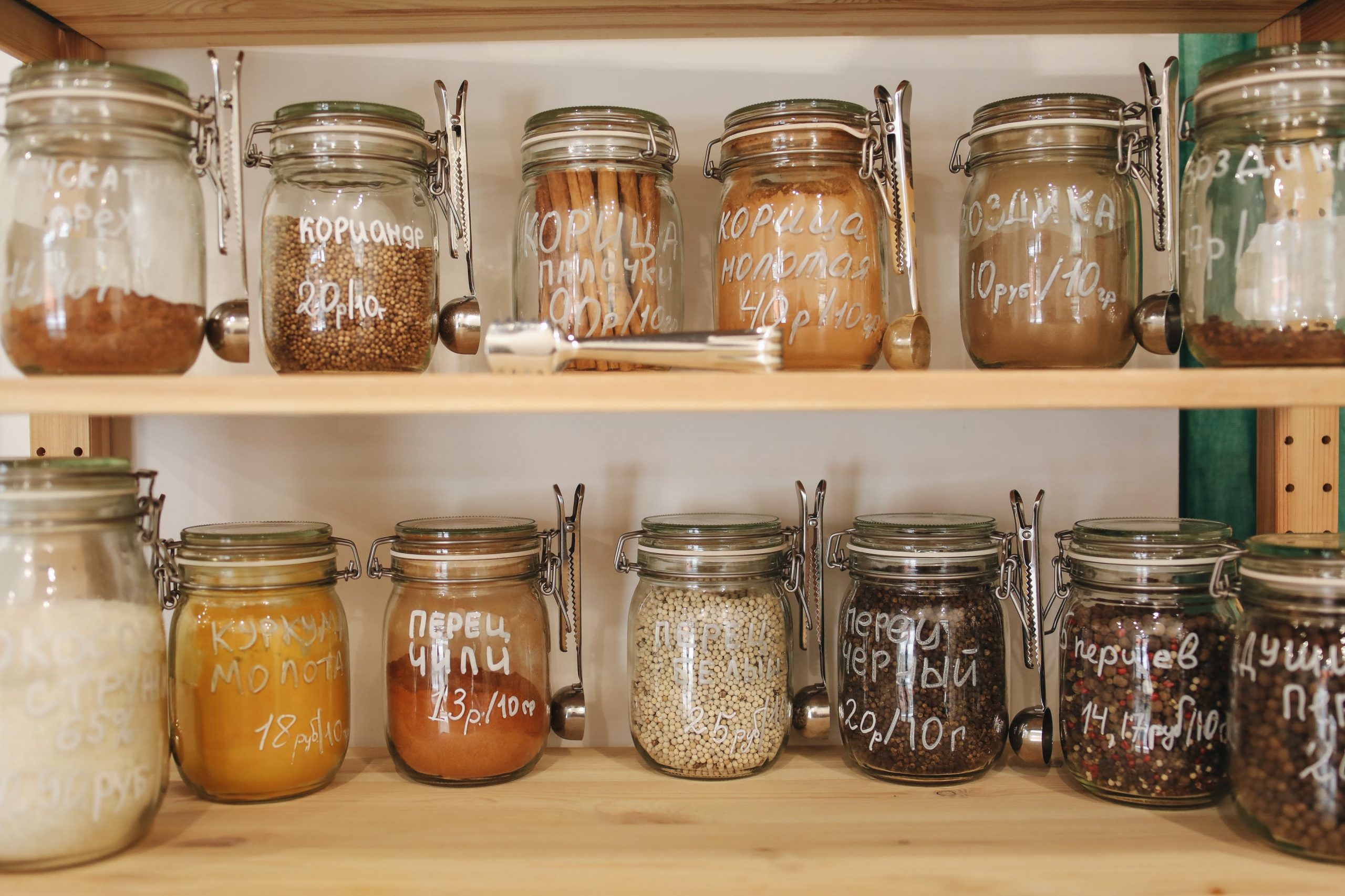
Image by Josh Hild
In 2024, having prepping supplies stored in your home remains crucial for several reasons. As our world continues to face uncertainties ranging from natural disasters to unforeseen global events, being prepared ensures a higher level of resilience and adaptability to unexpected challenges. The ongoing climate changes, geopolitical shifts, and the ever-evolving landscape of public health underscore the need for individual and family preparedness. In the face of potential disruptions to the supply chain, having a well-stocked cache of essential items like water, food, and medical supplies can provide a sense of security during times of crisis. Moreover, with the increasing frequency and intensity of extreme weather events, having emergency supplies readily available can be a lifeline in the aftermath of disasters, enabling individuals and families to sustain themselves until help arrives. Ultimately, being prepared in 2024 is not just a precautionary measure; it is a proactive and responsible approach to safeguarding the well-being and stability of oneself and loved ones in an ever-changing world.
These are 25 items that would be beneficial to have stored at home:
- Water Storage and Purification:
- Water containers (at least one gallon per person per day for at least three days)
- Water purification tablets or a water filter
- Non-Perishable Food:
- Canned goods
- Dry staples like rice, pasta, and beans
- Freeze-dried or dehydrated foods
- First Aid Kit:
- Bandages, gauze, and adhesive tape
- Antiseptic wipes or solution
- Pain relievers and fever reducers
- Tweezers, scissors, and a thermometer
- Flashlights and Batteries:
- LED flashlights
- Extra batteries
- Multi-tool or Swiss Army Knife:
- Useful for various tasks and repairs
- Emergency Shelter:
- Mylar blankets or sleeping bags
- Tents or tarps
- Clothing:
- Warm clothing and sturdy shoes
- Extra socks and underwear
- Hygiene and Sanitation:
- Personal hygiene items (toothbrush, toothpaste, soap)
- Hand sanitizer and wet wipes
- Trash bags and plastic bags for waste disposal
- Communication:
- Battery-operated or hand-crank radio
- Whistle for signaling
- Fire Starters:
- Waterproof matches
- Lighters
- Firestarter blocks
- Medications:
- Prescription medications
- Over-the-counter medications
- Cash:
- Small denominations for emergencies when electronic payments may not be possible
- Important Documents:
- Copies of identification, insurance policies, and other essential documents in a waterproof container
- Maps and Books:
- Waterproof local and regional maps
- Resource books on camping, first aid or cooking
- Cooking and Eating Utensils:
- Portable camping stove or a backup cooking method
- Eating utensils and cookware
- Duct Tape and Rope:
- Useful for various repairs and improvisations
- N95 Masks:
- For protection against airborne particles
- Work Gloves:
- Sturdy gloves for handling debris or performing manual tasks
- Entertainment and Comfort Items:
- Books, playing cards, or board games
- Comfort items for children or pets
- Solar Charger:
- For charging small electronic devices
- Towels and Rags:
- Versatile for cleaning, drying, and other uses
- Knife and Tools:
- Utility knife and basic tools for repairs
- Personal Protection Equipment (PPE):
- Masks, gloves, and goggles for personal protection
- Self-Defense Items:
- Depending on local laws and personal comfort, items such as pepper spray or personal alarms
- Backpack or Bug-Out Bag:
- A sturdy backpack to hold and transport essential items in case of evacuation.

Image by Clem Onojeghuo
Remember to customize your prepping supplies based on your specific needs, location, and potential emergencies you may face. Regularly check and update your supplies to ensure they are in good condition and not expired.
Let me know in the comments, if there are any supplies that are not listed above that you recommend keeping on-hand.







Leave A Comment